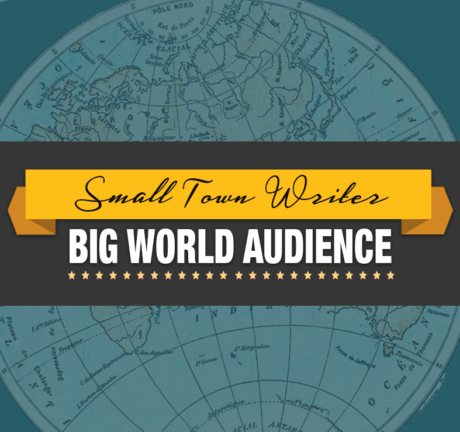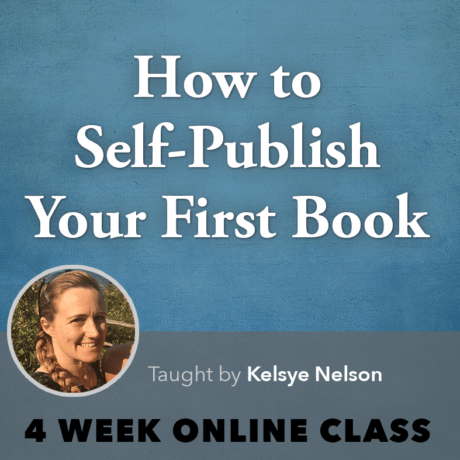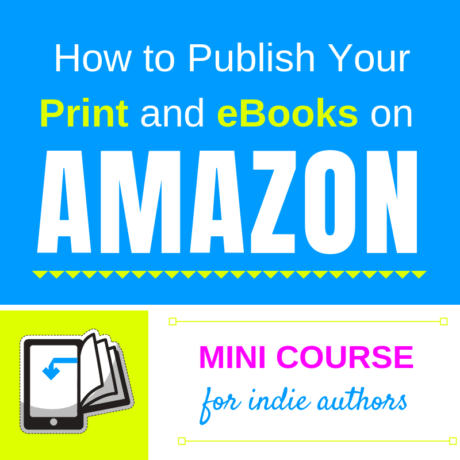

Writing nonfiction might seem easier than writing fiction — after all, you don’t have to conjure places and people out of thin air, or worry about plot holes and timeline inconsistencies, right? But this is, in fact, far from the truth.
While nonfiction is more about research and reading, that doesn’t mean you don’t need to use your imagination. You research what to write, but you don’t copy paste all the information you find. It takes a great deal of planning and creative imagination to write factual information in an engaging way.
Whether it be a memoir, biography, political, historical, scientific or self-help book, nonfiction is all about research, organization and planning — which means your book’s work starts way before you start the actual writing process.
Here are 4 tips for writing an intriguing nonfiction book that will keep your readers hooked!
1. Explore different ideas.
If you’re stuck on what to write about (a situation most of us find ourselves in), be sure to explore different subjects of interest. Remember to keep your mind — and your options — open. Watch documentaries on a variety of topics, listen to podcasts, read research articles and blog posts, and start taking notes. This would not only help you discover what you would enjoy writing about, but also help your brain form connections between different ideas, and you can take a whole new approach in your book.
Another important thing to consider when deciding on a subject is your target audience. If you already have a substantial social media following for your motivational insights to life, but you decide to write about something completely unrelated, like a historical biography, you would first need to work on building a following composed of like-minded individuals — or you’re going to have a hard time selling your book!
2. Research.
The next step is to research, and research, and research! But how do you organize the wealth of information available online, so you won’t miss out on anything important? How do you make sure you don’t waste your time going down some rabbit hole while researching? Check out our blog post on 3 effective research strategies to use while writing your book!
3. Create an outline.
Keeping track of every minor detail is integral to your writing. It’s natural to forget tidbits of information, or even the details of where you wrote something down. Make use of your Notes app, or use flow charts or mind maps to remember how everything is connected. Some writers even use a spreadsheet to keep their research organized, since the little squares and the ability to make tables and charts on Excel have made things extremely convenient.
Use these organized content to create an outline for your book. This will make the task of writing your book much easier, and save a ton of time!
4. Write your facts like a story.
If you regurgitate everything you researched exactly as you read them, you’re writing a textbook that nobody’s ever going to finish reading. The trick to making it interesting is to tell it like a story. If it’s a memoir or biography, this is the best approach — write about the person’s feelings, about what drove them to make the decisions they made, and drop hints to what would happen next.
Plow through your first draft, and then make the edits and double-check the facts. Just because you have to include factual information in your nonfiction book doesn’t mean it should be completely devoid of creativity!

Sharika Hafeez
Sharika Hafeez is a nerd, and she’s proud of it. Growing up, she fell in love with books and writing, and is currently following her undergraduate degree (for some mysterious reasons) in Physics. She likes procrastinating by watching the stars with a steaming cup of tea, composing poetry in her head.







0 responses on "4 Tips to Writing an Intriguing Non-Fiction Book"